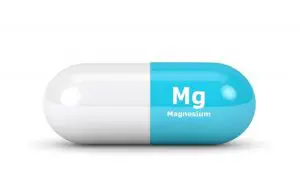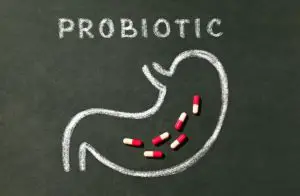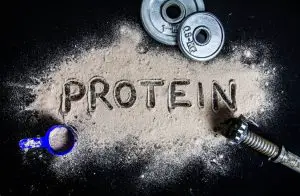In this age and time, many of us take (dietary) supplements, which has become commonplace. We might even be taking a number of supplements rather than just a single one. As they can help provide nutrients that we may not be consuming enough of, they’re a great help in this regard. However, supplements are not meant to completely replace meals, and it’s still important that we consume balanced meals as much as we can to maintain our health. Furthermore, our body only needs a certain amount of each nutrient, and more is not necessarily better. That said, here are some common supplements consumed, and what they’re good for!
1) Vitamin D
Our body can actually create vitamin D from direct sunlight on the skin, so if you know you’re exposed to a certain amount of sunlight each day, you’re good. However, you should take note if you’re always cooped up indoors, and can’t remember the last time you felt the sun on your skin. Vitamin D helps with the regulation of calcium and phosphorus, most importantly with absorption. It also helps with maintaining a normal immune system. As such, vitamin D is essential for strong bones and teeth, as well as for fighting certain diseases.

2) Magnesium
Did you know that magnesium is the fourth most abundant mineral in the body? Also, magnesium may not be one of the first things that come to mind when “supplements” are mentioned, but consumption is steadily on the rise. Magnesium is said to have numerous health benefits ranging from helping with PMS to type 2 diabetes, but the more common benefits are that it can help alleviate migraines, as well as regulate sleep. Though more research is needed to support these claims, including that it can help with depression, it’s clear that more and more people are looking up magnesium to be part of their supplement intake.

3) Fish Oil
Fish oil is an age-old dietary supplement that has been around for a long time, and it comes as no surprise that it is still commonly consumed today. Containing omega-3 fatty acids, which is known to be beneficial to our general health and wellbeing, fish oil can help with cardiovascular health, eye function, and even mild joint inflammation and arthritis. Consuming fish oil may also be beneficial for those who are pregnant, as omega-3 fatty acids are essential for early growth and development.

4) Probiotics
Probiotics is most commonly linked to gut health, being live microorganisms that contain “good” bacteria. As an extension of a healthy gut, the balance of bacteria in the digestive system has the potential to influence our overall health as well. Another well known benefit of probiotics related to gut health (again) is that it can help prevent or reduce the severity of diarrhoea, specifically antibiotic-associated diarrhoea. Gut health aside, probiotics may also help with some mental health conditions, as well as heart health.

5) Vitamin C
Vitamin C is almost like the undisputed king of supplements/vitamins, where it’s almost always the first one to be brought up whenever supplements are mentioned. The health benefits it has or may have are impressive, ranging from boosting the immune system, helping with heart health, eye disease, smooth skin, chronic disease, high blood pressure… really, the list could go on and on. Our body doesn’t produce vitamin C on its own, so we have to get through consumption of food, or in many cases, supplements.

6) Calcium
Well, it’s common knowledge that calcium is essential for strong bones and teeth, through life (though also see no. 1 again to facilitate good calcium absorption), but there’s more to it than that. Calcium also plays a huge role for our nerves, ensuring healthy communication between the brain and the rest of our body. It is also essential for our muscles, as it helps with muscle contraction. A nerve stimulates a muscle, and the body releases calcium. The calcium then helps the proteins with the work of contraction. Last but not least, it is also vital for cardiovascular health, maintaining the actions of the heart by helping relax the muscles that surround blood vessels.

7) Protein
Protein is responsible for building muscles, repairing tissues, and making enzymes and hormones primarily. Usually in the form of protein powder, you might associate it most with gym junkies, who consume protein powder usually for weight loss and muscle sculpting. Additionally, it can also help repair damaged muscles and tissues, which could be beneficial for athletes especially as they could speed up recovery from soreness/injuries.

8) CoQ10
CoQ10, otherwise known as Coenzyme Q10, helps provide energy to cells, and regulates proper functioning of many organs and chemical reactions in the body. It also seems to have antioxidant properties, and the supplement is usually used for conditions associated with the heart. Other possible benefits CoQ10 may bring include improving fertility, reducing headaches, helping with diabetes, and helping with cognitive functions (such as slowing the progression of Alzheimer’s and Parkinson’s disease) just to name some.

Note: Article meant for informational purposes only. Please speak to your doctor/nutritionist for further discussions on supplements, especially if you plan on taking them.















